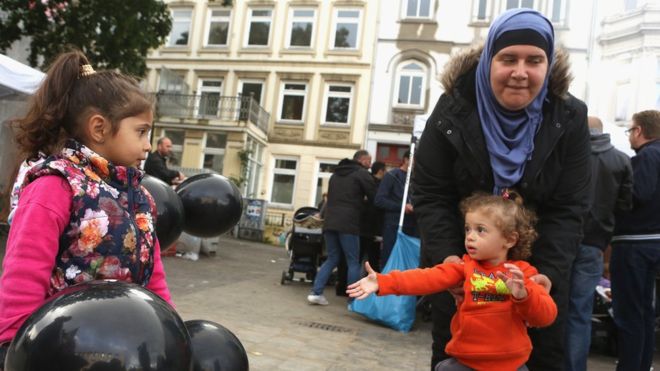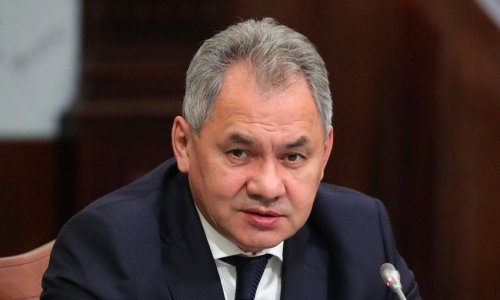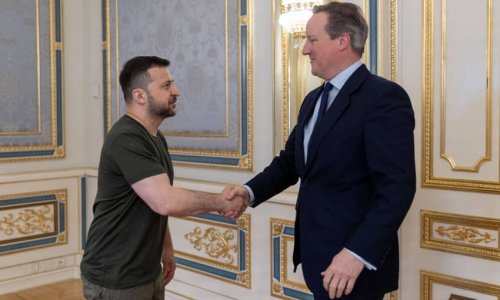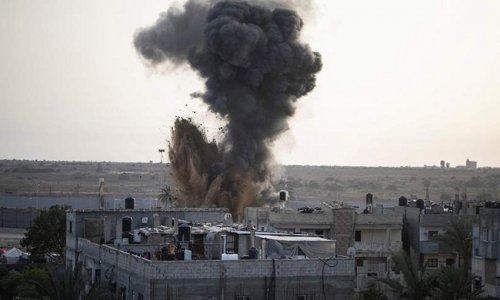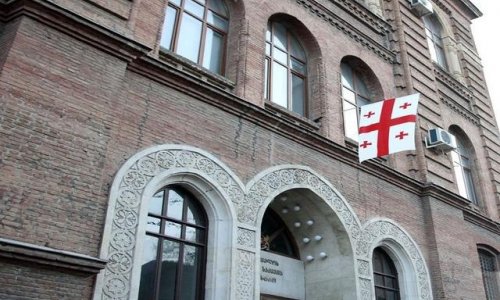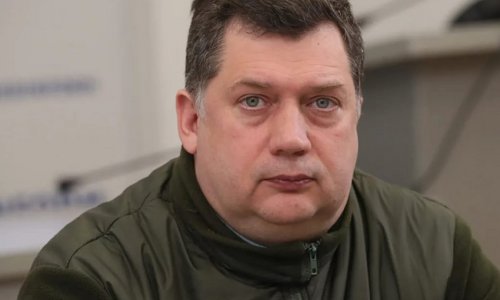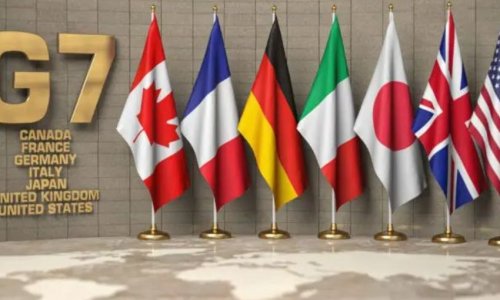The conflict in Syria is leaving its mark on the streets of Europe. Tens of thousands of the refugees arriving in Europe's capitals are fleeing the Syrian conflict - yet Europe does not have an agreed policy for dealing with the crisis and risks becoming a bystander.
It is a charge made by the leader of the Liberal group in the European Parliament, Guy Verhofstadt. "We need a common European strategy to end the war in Syria. We're being pushed out," he says.
Other politicians too have noted Europe's impotence. There is a crisis that challenges some of the core principles of the EU, like freedom of movement, yet there is no common position on how to defeat so-called Islamic State (IS) and remove President Assad. For politicians like Verhofstadt there is an absence of "political will".
In part the reluctance to act is a consequence of the failed interventions in Iraq, Afghanistan and, to a certain extent, in Libya.
But over time, drift and inaction has handed the advantage to more extreme groups in Syria.
In over four years of fighting nearly a quarter of a million people have lost their lives and 12 million people have become refugees.
Turkey wanted the EU to provide safe havens for those fleeing the conflict and to protect them and others with no-fly zones.
Only now, with Europe desperate for Turkey's help in limiting the flow of refugees, is there a more serious discussion about safe havens although with the involvement of Russia such steps have become much more difficult.
US reluctance
It is not just Europe that has shied away from taking action.
President Obama, too, has been a reluctant player, unwilling to commit American troops to another Middle Eastern war. Even after Assad's regime used chlorine gas against its opponents - and crossed an American red line - there were no consequences.
The United States has led an air campaign against IS but even some American generals doubt the strategy.
Then in the late summer, Russia intervened on the side of its ally - the Assad regime.
Its purpose is unclear but almost certainly it wants to deal itself a card at the international conference on Syria that surely must come. The Russian military presence is aimed at strengthening the negotiating hand of the regime.
Frosty relations
The crisis now has echoes of the Cold War. Nato is meeting to discuss how to counter Moscow's moves.
American and Russian bombers and fighter planes are operating in the same airspace with a risk of misunderstanding. And the Russians are bombing some of the anti-Assad groups that the Americans have been backing.
It is the arrival of the Russians that stokes fears in Europe that they are being pushed to one side.
Angela Merkel surprised many of her European colleagues when recently she said, "We are to speak with many actors, this includes Assad, but others as well."
It was not a co-ordinated European position and is markedly different in approach to that of the Americans who are prepared to negotiate but with the understanding that "Assad has to go". The French, too, will support no deal that prolongs the regime of Assad.
Merkel's Europe?
All of this reflects a wider reality in Europe. In place of a European foreign policy there is German leadership.
Angela Merkel was widely praised for showing moral courage in the refugee crisis but, all the same, she acted unilaterally.
In many parts of Europe her actions are now seen as a miscalculation, leaving other European leaders having to consider large-scale deportations for economic migrants - a decision few would have even imagined a few weeks ago.
In Ukraine, Europe made an error at the outset in not recognising that Russia had a strategic interest in the future of the country.
But after the annexation of Crimea, declared illegal by many world leaders as well as Nato, and the deployment of Russian forces in Eastern Ukraine, Mrs Merkel supported sanctions and brought the rest of Europe along with her. Many were lukewarm at taking steps that damaged their economic self-interest but Europe has stayed united.
The crisis in Ukraine has so far cost 8,000 lives. For the moment it is largely a frozen conflict and there are indications that the 12-point peace plan negotiated in Minsk in February is holding. This has been a European negotiation led by Francois Hollande and Angela Merkel.
But Syria is vastly more complicated.
Europe needs a voice at the table, but it also needs a strategy. Otherwise other big powers will be the deciders and shapers and Europe will be left to deal with the consequences - which is what is happening at the moment.
(BBC)
www.ann.az
Follow us !

